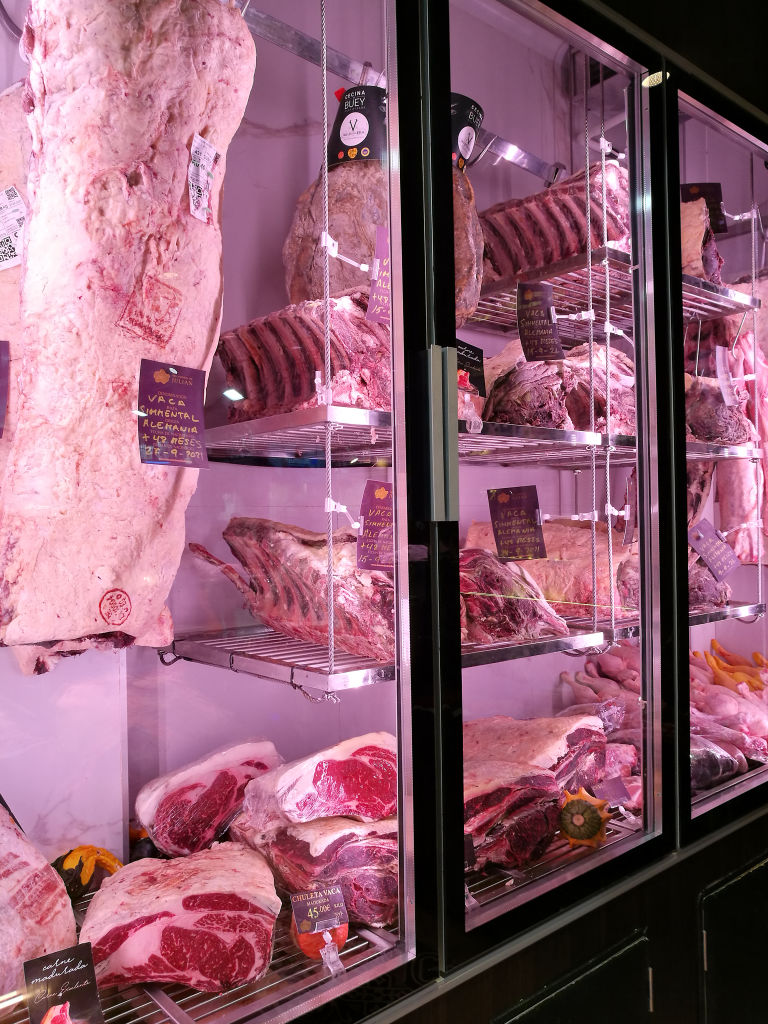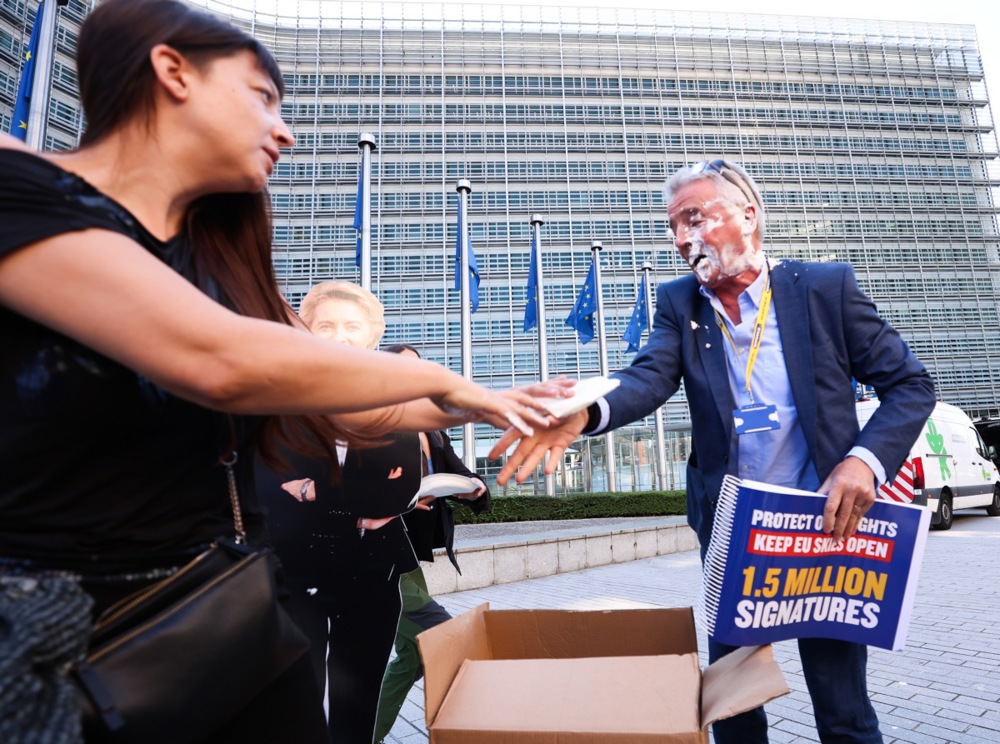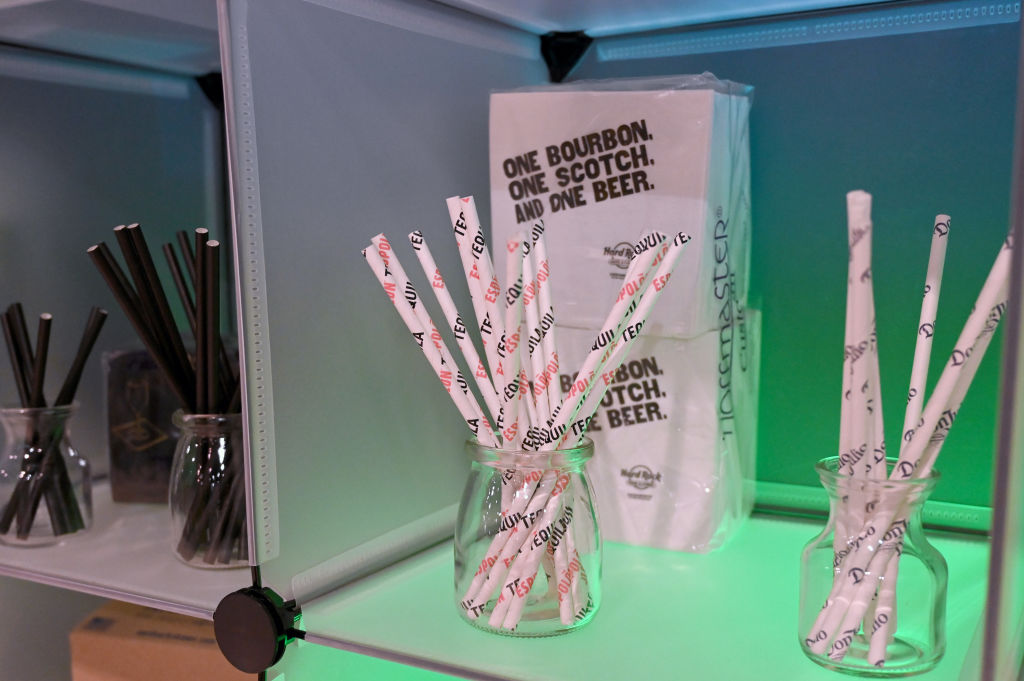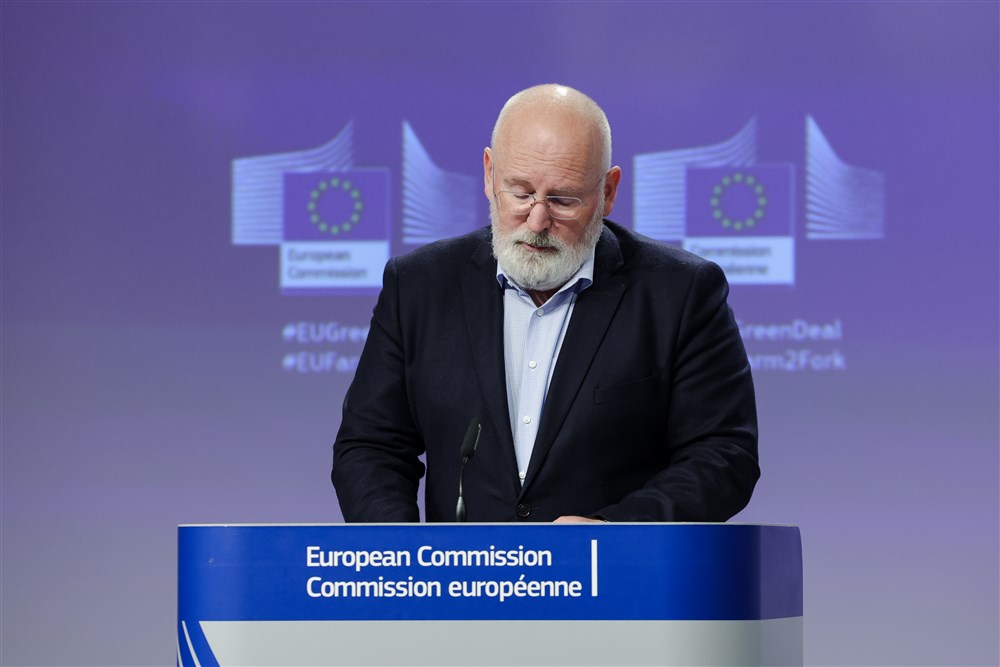British bank NatWest is advising clients to use electric vehicles and give up meat consumption.
The move comes after the lender analysed customer accounts to determine their environmental footprint.
Based on client’s buying habits, a “carbon impact tracker” on the bank’s mobile app employs transaction data to provide recommendations on how to lower their carbon impact, the UK Daily Telegraph reported.
The lender advised account holders to start consuming plant-based milk substitutes to replace dairy products and to consider patching damaged clothing rather than buying new items.
Customers are also advised to turn off tumble dryers, take turns driving, fix their own faulty electronics and wash their clothes in cold water.
Under the spending section of the bank’s app, customers can switch between “my spending” and “my footprint”. They are also told of the impact of “typical” purchases.
Other suggestions advise clients to “save the planet” by avoiding flying for short distances and turning off their central heating when possible.
Additionally, NatWest lists other methods it says consumers can employ to modify their meals to be more environmentally friendly. These include giving up eating beef and experimenting with “meat-free Mondays” as well as becoming vegetarian and partially vegan.
The bank also suggests customers can try adding tofu and lentils to their diets as substitutes for eating meat. In addition, it urges clients to consider buying used furniture and renting or purchasing second-hand clothes.
In line with its “ambition to be a leading bank in addressing the climate crisis,” account holders receive monthly customised “carbon footprint scores” expressed in kilos of CO2.
John Wilkin, chairman of the Selsdon Group, a free-market pressure group in the UK, told Brussels Signal that “in the spirit of individual freedom and personal choice”, he did not think a bank had “any business telling its customers what they should or shouldn’t buy or what they should or shouldn’t eat”.
“If someone isn’t living within their means then maybe it is within a bank’s remit to offer suggestions as to how he can reduce his expenditure, but lifestyle choices fall outside this.”
Wilkin did add that he is a NatWest client but said he had not encountered the carbon impact tracker.
The bank’s push to reduce the climate impact of clients comes after it garnered international attention trying to debank arch-Brexiteer Nigel Farage under false pretences.
It claimed he did not have enough money to remain with NatWest but, in reality, it had tried to pressure him due to his political convictions.
The NatWest CEO Dame Alison Rose was forced to resign over the issue. She was responsible for the incident and in addition had misinformed a BBC journalist regarding Farage’s banking situation.
She had reportedly installed a “woke agenda” at the bank and also had a hand in the carbon-reduction push.
The carbon impact tracker was developed by the New Zealand-based tech firm Cogo.
Rose is quoted on the Cogo website as saying that the feature would “empower our customers to understand their carbon impact”.





